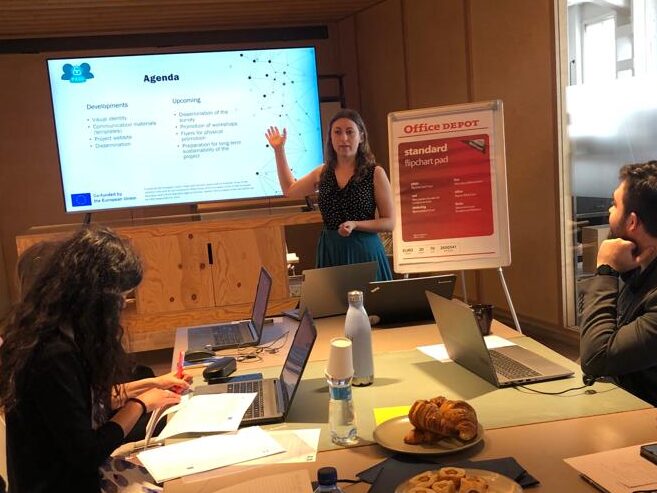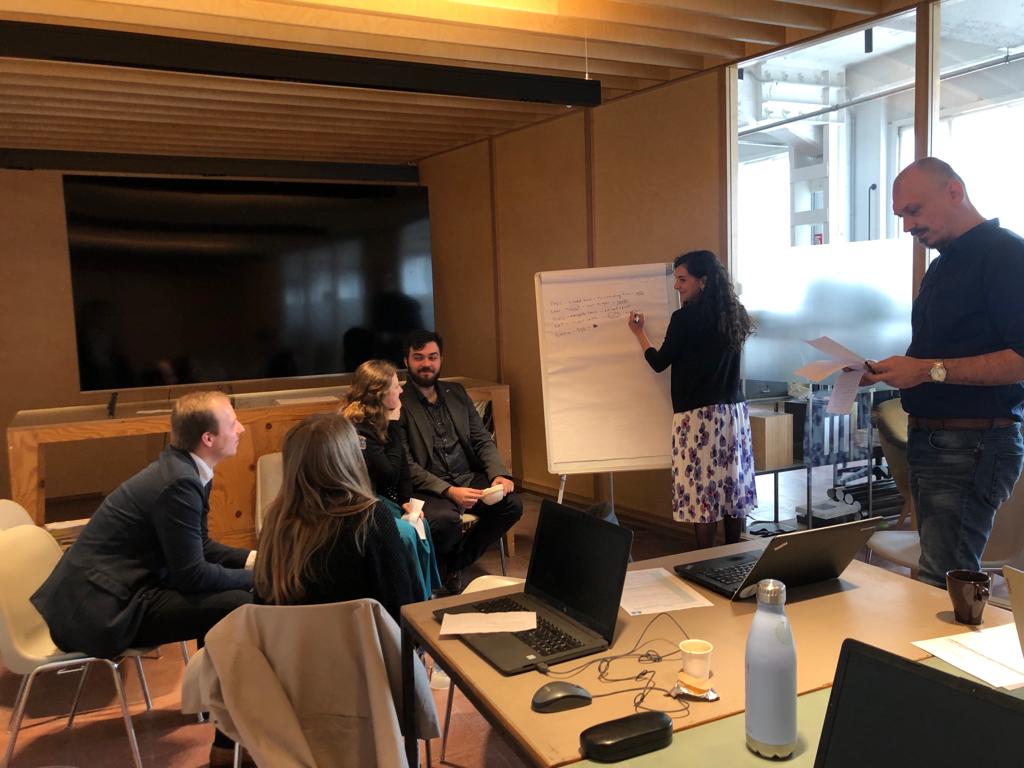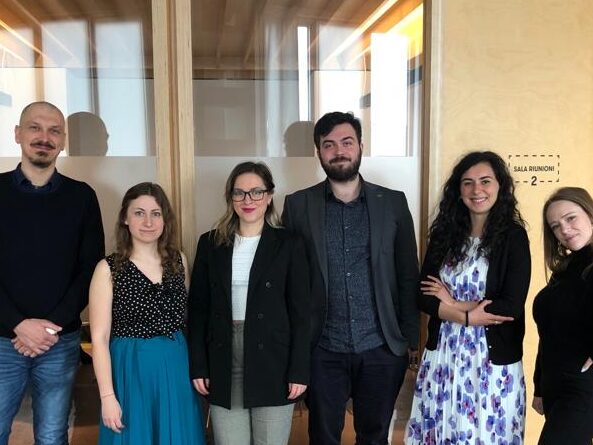The European project PASS, launched in 2022, aims to develop frameworks for the assessment and support of key skills and competences among students and workers in the automotive-mobility ecosystem. The project addresses skills gaps arising from the twin transitions, particularly digital skills and soft skills, which contribute to overall employability.
The project operates in Belgium, the Czech Republic, Italy and Slovakia through 5 project partners – the ASA, the sustainability consultancy SPIN 360 and three universities -the Slovak University of Technology, VSB-TUO University in Ostrava and the Newton University in Prague.
At the end of March, project partners met on the premises of SPIN 360 in Milan to discuss the latest developments and plan further project activities.

Previously, project partners engaged in desk research on key competences and their use in the automotive industry. The outcome of this research is the Study on Key Competences State of the Art, accessible through the project website. The latest meeting in Milan allowed partners to take stock of developments in the project to this date and plan future steps.
Building on the desk research, the project will further assess the importance of various key competences through a survey, first presented by SPIN360 during the meeting. In May and June, stakeholders from the automotive-mobility ecosystem will have the opportunity to participate in workshops diving deeper into the relevance of key competences in the labour market.
To demonstrate how key competences can be assessed and what should be the elements of an effective methodology for assessors, Newton University provided a short demonstration of such an assessment exercise during the meeting.

Lastly, the ASA responsible for the communication presented the current state of dissemination of this project and the long-term sustainability plan under the ASA. Through an open discussion, partners discussed how to ensure effective dissemination of the project activities.
The expected project outcomes include models of assessment of the key competences available for employers and educational institutions, tested in the pilot phase of the project in partner countries and training qualified assessors of key competences. Based on these activities, the project will provide best practices and recommendations for further support of skills in the ecosystem. Its outcomes will thus allow adapting vocational training to the present and future needs of the labour market, opening doors to new opportunities.
The project is co-funded by the European Union, through the Erasmus+ programme.

